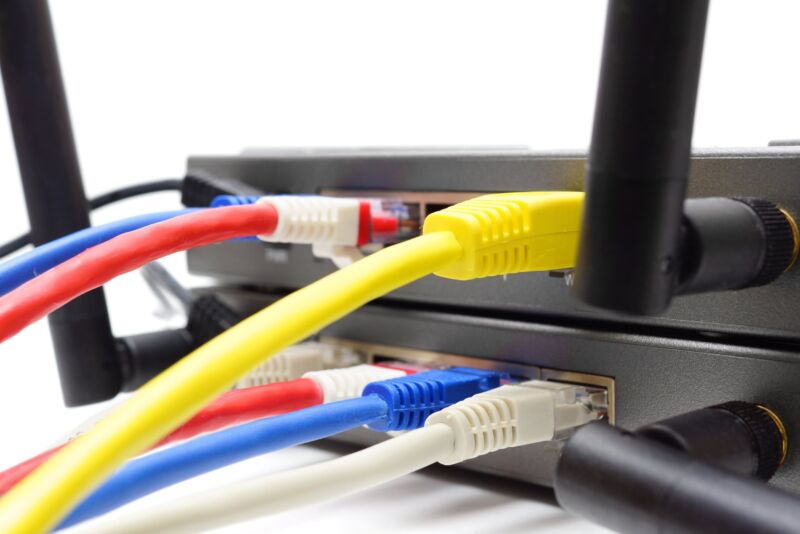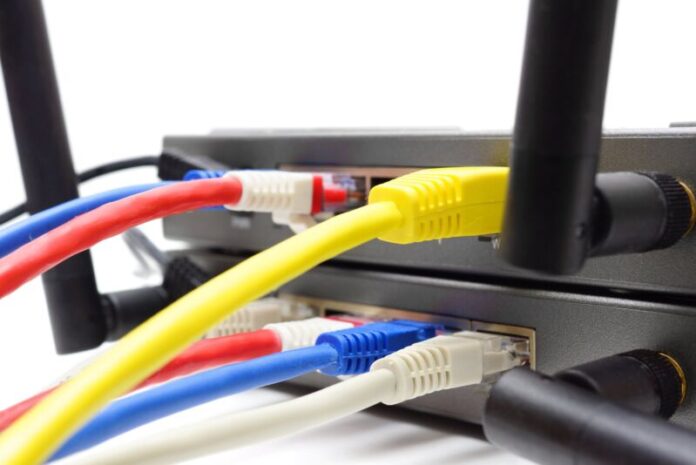
Enlarge (credit: Getty Images | BernardaSv)
The Federal Communications Commission chair decided not to impose Universal Service fees on Internet service, rejecting arguments for new assessments to shore up an FCC fund that subsidizes broadband network expansions and provides discounts to low-income consumers.
The $8 billion-a-year Universal Service Fund (USF) pays for FCC programs such as Lifeline discounts and Rural Digital Opportunity Fund deployment grants for ISPs. Phone companies must pay a percentage of their revenue into the fund, and telcos generally pass those fees on to consumers with a "Universal Service" line item on telephone bills.
Imposing similar assessments on broadband could increase the Universal Service Fund's size and/or reduce the charges on phone service, spreading the burden more evenly across different types of telecommunications services. Some consumer advocates want the FCC to increase the fund in order to replace the Affordable Connectivity Program (ACP), a different government program that gives $30 monthly broadband discounts to people with low incomes but is about to run out of money because of inaction by Congress.
Read 16 remaining paragraphs | Comments
Ars Technica - All contentContinue reading/original-link]




